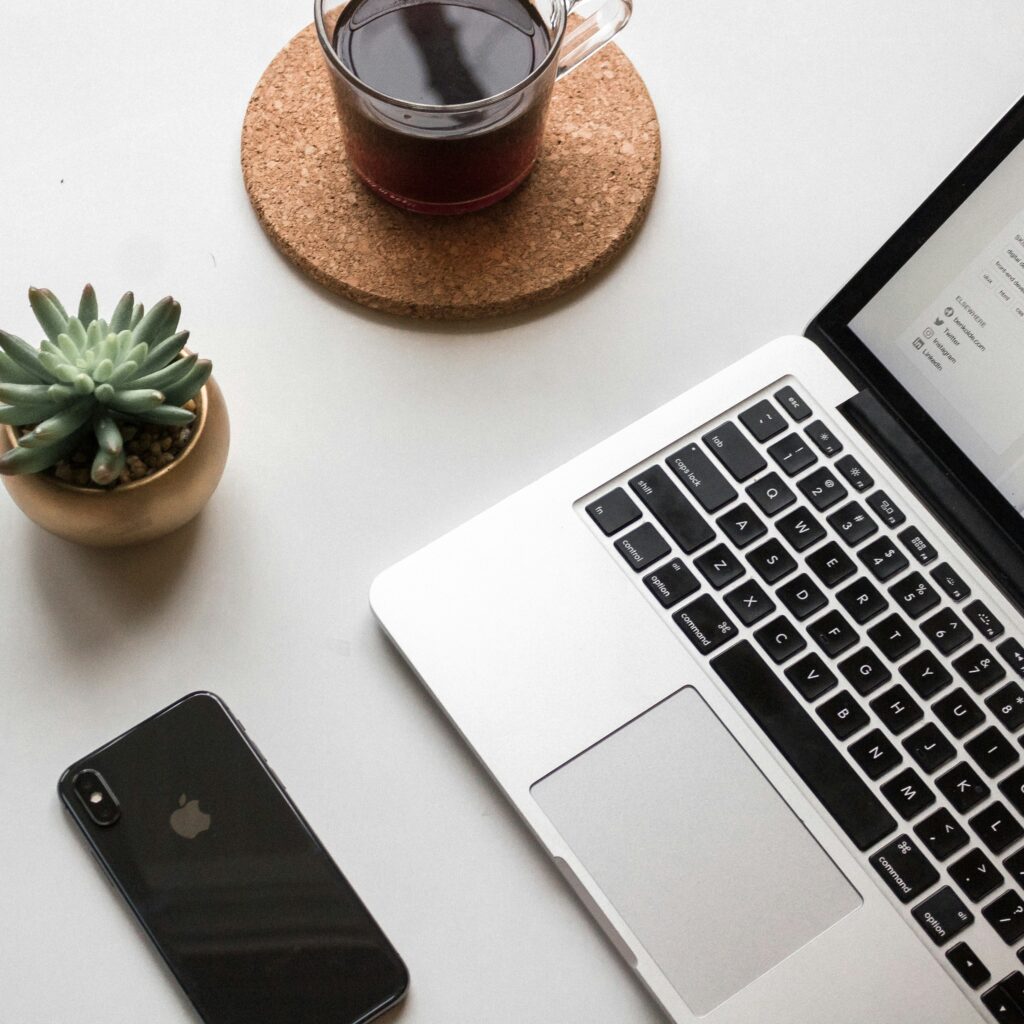Digital Detox: How to Truly Unplug and Reconnect with Life
Table of Contents
- Why Digital Detox Is Essential
- Signs You Need a Digital Detox
- A Step-by-Step Plan to Unplug
- Mental and Emotional Benefits
- Sustaining Digital Balance
Why Digital Detox Is Essential
The average adult spends over 7 hours a day in front of screens. While technology is an integral part of modern life, too much of it can impact our mental clarity, emotional well-being, and relationships. A digital detox gives your mind the space to rest and helps you reconnect with the present moment. Studies show reducing screen time leads to less anxiety and better sleep.

Signs You Need a Digital Detox
Do you feel anxious without your phone? Are you mindlessly scrolling through social media? Here are signs it’s time for a digital reset:
- You feel overwhelmed by constant notifications.
- You check your phone the moment you wake up and before bed.
- You struggle to concentrate or finish tasks.
- You feel disconnected from people around you.
- You’ve lost interest in hobbies or outdoor activities.

A Step-by-Step Plan to Unplug
Taking a digital detox doesn’t mean abandoning tech forever. It’s about finding balance. Here’s how:
- Set your intention: Know why you’re detoxing—less stress, better focus, more presence?
- Establish boundaries: Try “no screens before 9am” or a full tech-free Sunday.
- Inform others: Let friends or coworkers know you’ll be offline during certain hours.
- Replace screen time: Read, cook, walk, meditate, or write—fill the gap with meaning.
- Use support tools: Apps like Forest or Freedom can help you stay on track.
Mental and Emotional Benefits
Most people who complete a 3–7 day digital detox report:
- Better quality sleep and more energy.
- Improved focus and clearer thinking.
- Greater emotional stability and patience.
- Stronger connections with family and friends.

Sustaining Digital Balance
After a detox, the goal is to maintain a healthy relationship with technology. Here’s how to continue:
- Schedule weekly tech-free hours or evenings.
- Turn off non-essential notifications and badges.
- Make bedrooms and mealtimes screen-free zones.
- Before picking up your phone, pause and ask: “What do I need right now?”
Small habits, repeated daily, lead to lasting change. Remember: you own your devices—they shouldn’t own you.